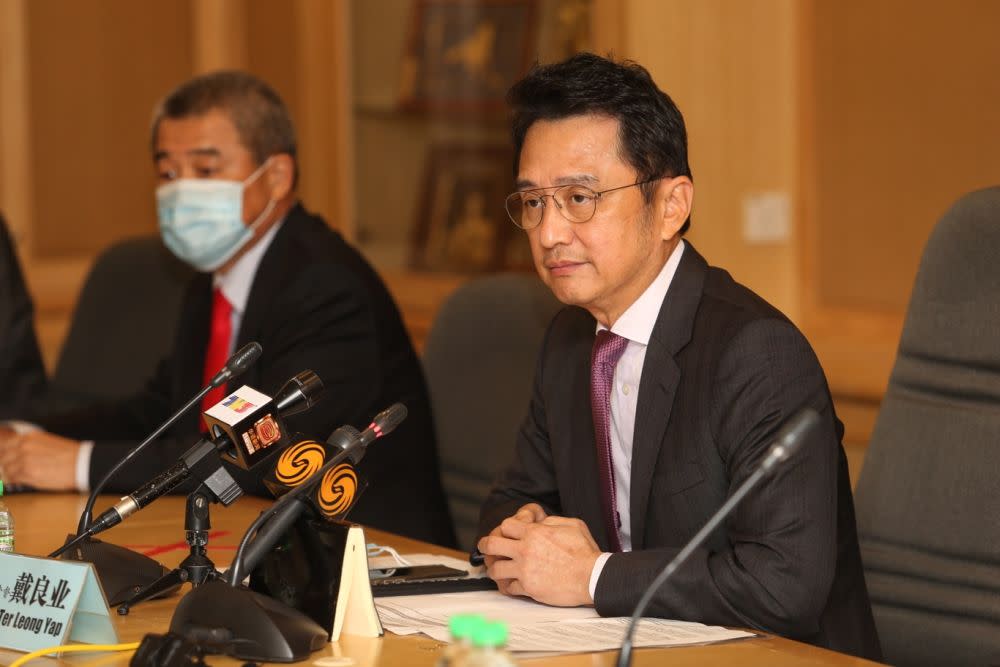Poll: Firms grappling with shift in buying behaviour caused by Covid-19

KUALA LUMPUR, Aug 6 — The ongoing Covid-19 pandemic has resulted in considerable change to consumer behaviour patterns and how businesses respond to them, a new poll showed.
According to a survey by the Associated Chinese Chambers of Commerce and Industry of Malaysia (ACCCIM) on business and economic conditions for the first and second quarter of 2020, this meant more are utilising digital solutions in the delivery of goods and services.
Its president Tan Sri Ter Leong Yap said domestic retailers have moved to online market to stay afloat.
“Businesses realise that there is a bigger market for online business, but may need to incur more resources to address safety concerns for customers,” he said during a press conference to address the survey’s findings.
Additionally the survey also revealed that flexible working hours and remote office are a game changer to the business environment.
“This is especially pertinent to the property sector, as well as food and beverages industry, and business services.
“A majority of respondents have also revamped their business structure and developed new business models as well as adopt business contingency plan adapting to the new normal,” Ter said.
62.7 per cent of the survey’s respondents who are large enterprises are reporting moving towards more digitalisation, e-commerce and automation in adapting to the new normal.
This is compared to survey’s respondents who are small and medium enterprises, as only 38.1 per cent have reported doing so.
“Overall among the respondents 51.8 per cent are committed to business retooling and reengineering, 48.5 per cent say they have developed a business continuity plan to manage crisis and risks, and 39.7 per cent report engaging in more digitalisation; e-commerce and automation.
“31 per cent say they have become more adaptive to technology-aided tools, 27.4 per cent have engaged in workforce and organisation transformation, while 1.7 per cent of the respondents say they have pursued other undisclosed methods,” he said.
Related Articles CM: Melaka received 18,000 hotel bookings since RMCO started Covid-19: 13 eateries in Seberang Perai ordered closed for violating SOP Resorts World Sentosa retrenchments affected mostly foreigners, says Singapore’s Ministry of Manpower



